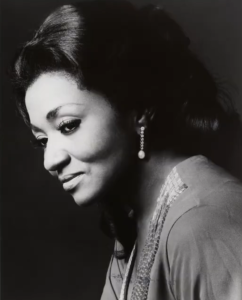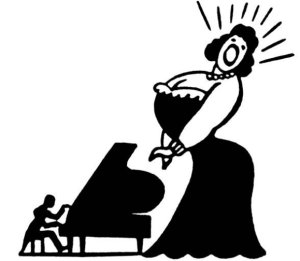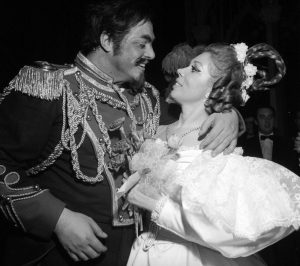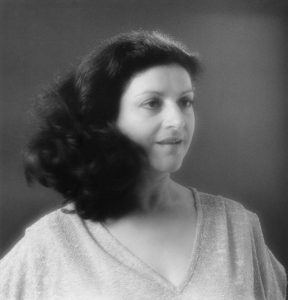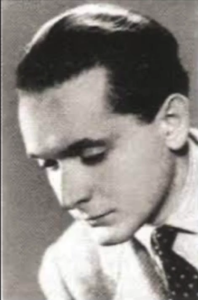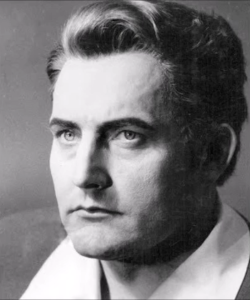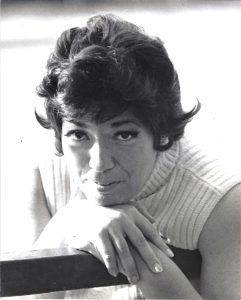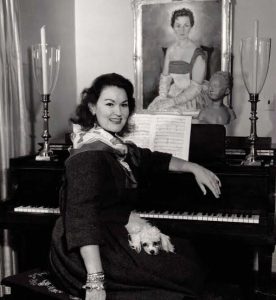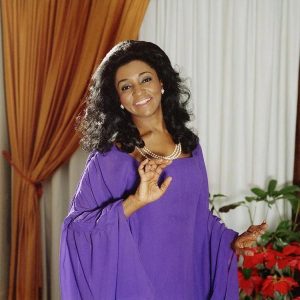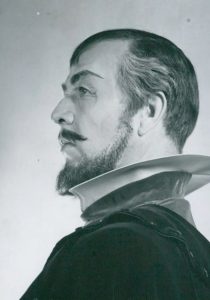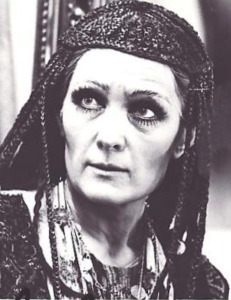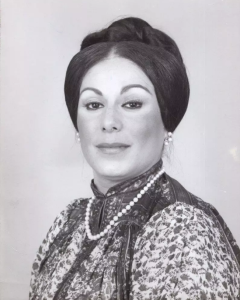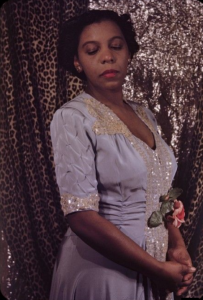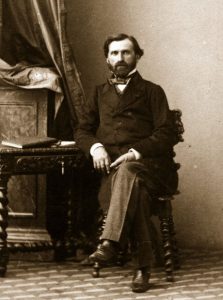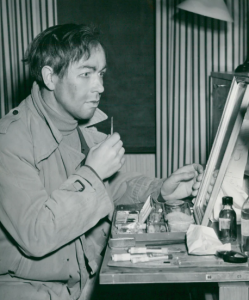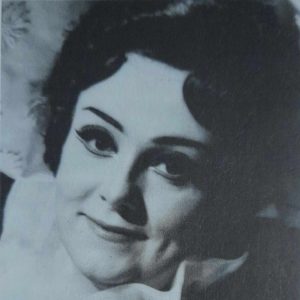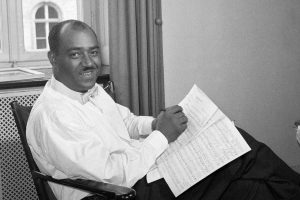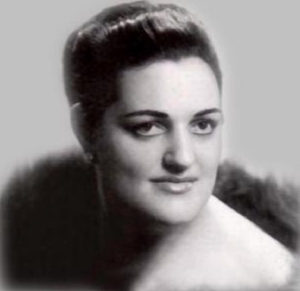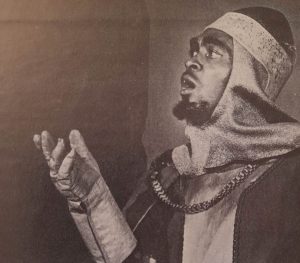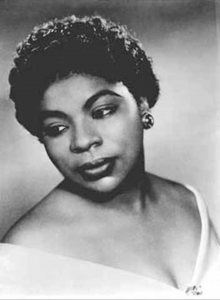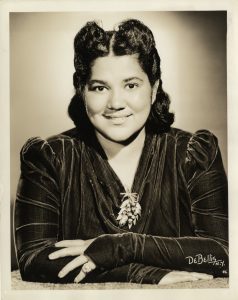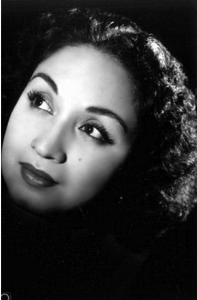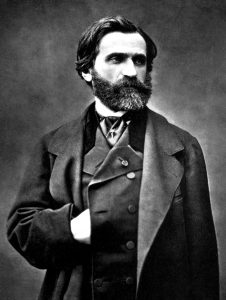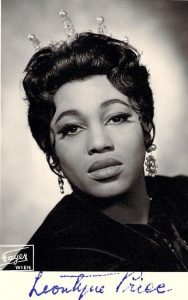Podcast: Play in new window | Download (Duration: 1:41:24 — 128.8MB) | Embed
Subscribe: Spotify | TuneIn | RSS | More
As we hurtle toward the third anniversary (in May already!) of Grace Bumbry’s death, I have had her very much on my mind. It’s true that I consider her greatest achievement to have been as a Liedersängerin. Others opine that her operatic roles as a mezzo (Carmen, Eboli, Amneris among others) represent her at her very finest. There are fewer who focus on her work as a soprano. And yet, when she sang the most taxing roles in that fach, she often revealed a fearlessness, a fortitude, a determination, a pride that brought out her very best. If one examines her recorded output, one finds her essaying soprano arias almost from her very earliest recordings. I thought it might be fun to continue Diva Week on Countermelody’s Black History Month celebratory episodesby examining her enduring legacy of her recorded output as a soprano. This time I focus exclusively on her studio recordings as a soprano, sometimes (but not always) in roles that she also sang onstage (Norma, Tosca, Gioconda, even Medea). (There’s even a little operetta and a pop standard tossed in for fun.) When La Bumbry first began singing the soprano repertoire, some naysayers predicted irreparable vocal burnout. But they were wrong: until the very end, Grace retained, by virtue of both solid technique and enormous willpower, the same vocal richness and musical and artistic fingerprint that she possessed for more than six decades and which we celebrate in this episode.
Countermelody is the podcast devoted to the glory and the power of the human voice raised in song. Singer and vocal aficionado Daniel Gundlach explores great singers of the past and present focusing in particular on those who are less well-remembered today than they should be. Daniel’s lifetime in music as a professional countertenor, pianist, vocal coach, voice teacher, and author yields an exciting array of anecdotes, impressions, and “inside stories.” At Countermelody’s core is the celebration of great singers of all stripes, their instruments, and the connection they make to the words they sing. By clicking on the following link (https://linktr.ee/CountermelodyPodcast) you can find the dedicated Countermelody website which contains additional content including artist photos and episode setlists. The link will also take you to Countermelody’s Patreon page, where you can pledge your monthly or yearly support at whatever level you can afford.
